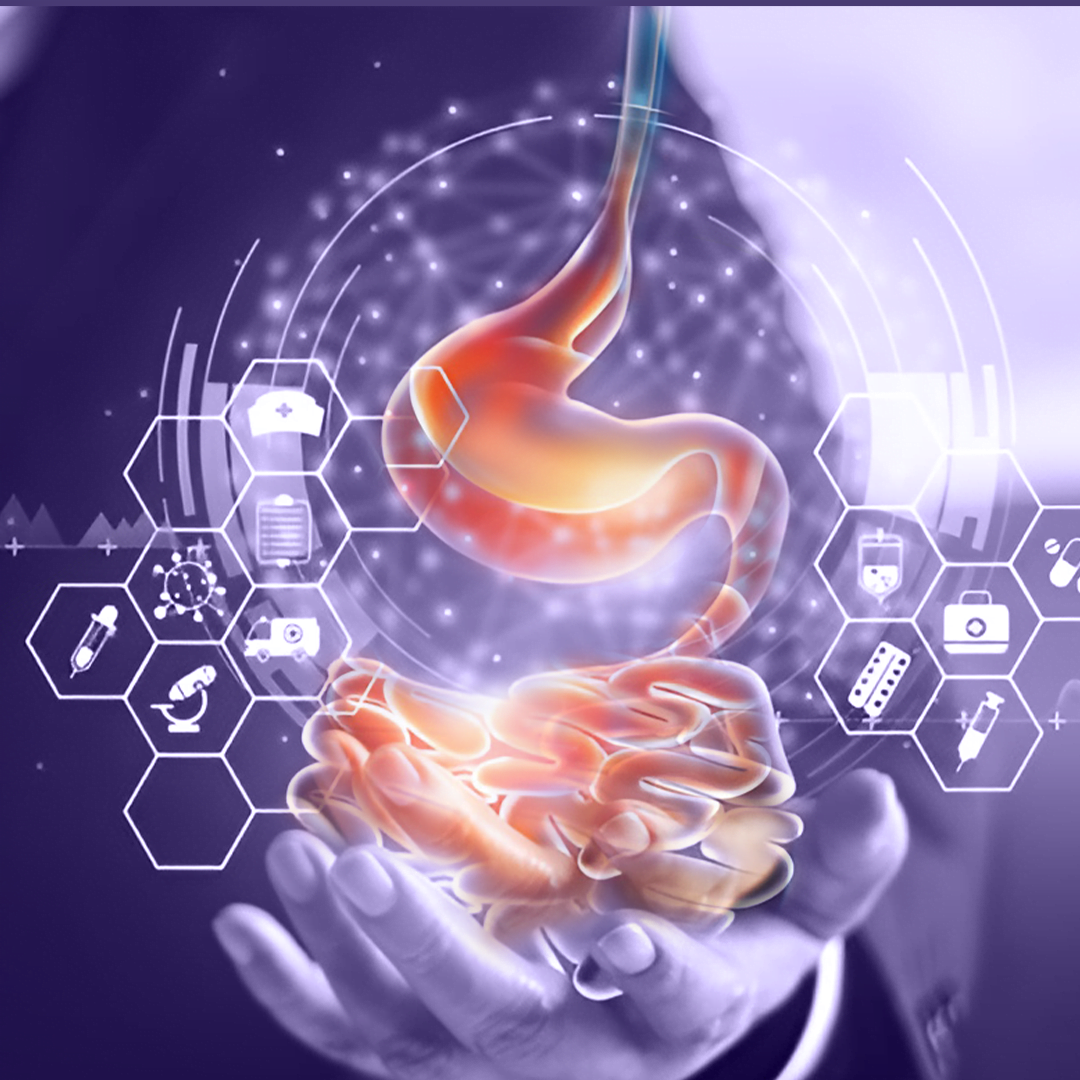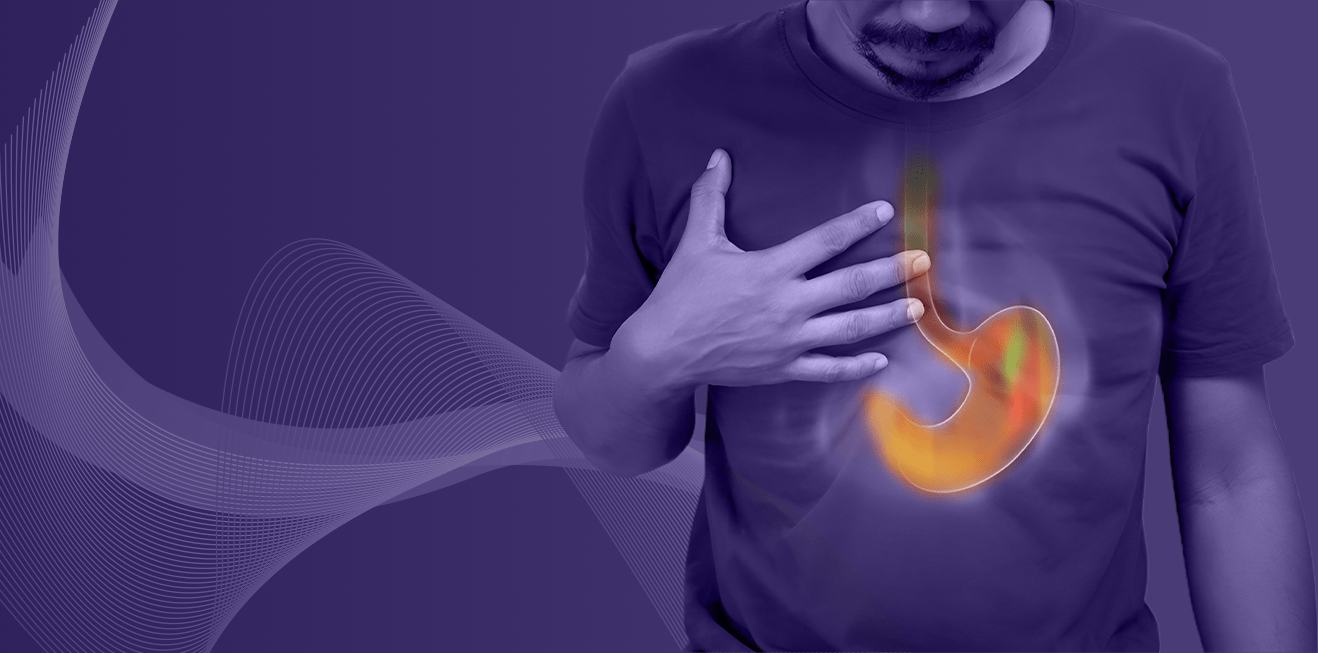Gastroesophageal Reflux Disease (GERD)
Gastroesophageal Reflux Disease (GERD)

What is this disease?
GERD occurs when stomach acid frequently flows back into the esophagus, irritating its lining.
Symptoms of GERD :
- Heartburn, especially after eating or when lying down.
- Regurgitation of food or sour liquids.
- Upper abdominal and chest pain.
- Difficulty swallowing.
- Feeling of a lump in the throat.
- Persistent cough.

Factors that increase the sensation of reflux:
- Smoking.
- Eating large meals or eating late at night.
- Consuming fried or fatty foods.
- Drinking coffee or alcohol.
- Taking certain medications, such as aspirin.
Complications if GERD is not properly diagnosed and treated:
- Esophagitis, which can lead to ulcers.
- Esophageal stricture.
- Esophageal cancer.
Diagnosis of GERD:
- Upper endoscopy to check for inflammation or complications and possibly take a biopsy.
- pH monitoring to measure acid levels in the esophagus.
- X-ray of the digestive system.
- Esophageal manometry.
- Transnasal esophagoscopy.
Treatment for GERD
Lifestyle changes:
- Maintain a healthy weight.
- Quit smoking.
- Elevate the head of the bed while sleeping.
- Start sleeping on the left side.
- Avoid lying down immediately after eating; wait 2-3 hours.
- Avoid foods and drinks that increase stomach acidity, such as citrus, fried foods, tomatoes, alcohol, caffeine, and chocolate.
- Avoid tight clothing.
Medications:
- ntacids to neutralize stomach acid.
- H2 blockers to reduce acid production.
- Proton pump inhibitors (PPIs) to reduce acid and heal the esophagus.
Surgical treatment:
- Fundoplication:
The upper part of the stomach is wrapped around the lower esophagus to strengthen the barrier against acid reflux.
Endoscopic treatment:
- GERDX
An endoscopic procedure where stitches are placed to strengthen the muscle preventing acid reflux.
- ARMA
Uses radiofrequency to create small burns in the lower esophageal muscle, forming scar tissue that tightens the muscle.
When to see a specialist?
- Seek immediate medical attention for chest pain, shortness of breath, or arm pain, as these symptoms can mimic a heart attack.
- Consult a doctor if experiencing severe or frequent heartburn.
Causes of GERD:
Insufficient relaxation of the lower esophageal sphincter during swallowing, causing acid to flow back into the esophagus, irritating it.
Factors that make you more prone to GERD:
- Obesity.
- Hiatal hernia.
- Pregnancy.
- Delayed stomach emptying.
Doctor's instructions for GERD patients:
- Lose weight and maintain a healthy weight.
- Quit smoking.
- Elevate the head of the bed and start sleeping on the left side.
- Avoid eating large meals at once.
- Avoid eating 2-3 hours before bed. - Wear loose-fitting clothing.
- Wear loose-fitting clothing.
Avoid the following foods and drinks:
- Citrus fruits like lemon, vinegar, orange, and tomato.
- Spicy foods like pickles and hot peppers.
- Fried or fatty foods.
- Chocolate.
- Alcohol.
- Caffeine.
- Mint..



